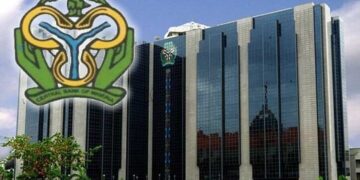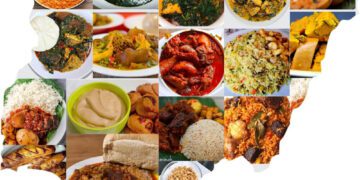The combined effect of monetary and fiscal policies has resulted in a significant slowdown in the previous quantum leap in costs of living. But the strains from the recent past will keep prices slightly elevated in the meantime, intelligence reports by many economic and finance firms surveyed yesterday by The Nation showed. There was an indication that the inflation rate for last month, billed for release today by the National Bureau of Statistics (NBS) may rise by some 40 to 50 basis points. This contrasts with the increase of 180 basis points in January and 98 basis points in February. Ahead of the release by the NBS, independent consumer surveys and econometric models showed that inflation remained on the rise, although the momentum of price increases has slowed down. The reports indicated that inflation may rise from 31.70 per cent in February to 32.20 per cent in March. The Bureau reported that the inflation rate rose by 180 basis points from 29.90 per cent in January to 31.70 per cent in February. Food inflation heightened by 251 basis points to 37.92 per cent while core inflation rose by 154 basis points to 25.13 per cent. Inflation also rose by 98 basis points from 28.92 per cent in December last year to 29.90 per cent in January 2024. Independent reports and a survey by The Nation indicated a considerable decline in food prices, with many retailers cutting down prices to line up with falling market prices.
Survivors, eyewitnesses recount horrifying experiences in Abuja stampede
During a tragic stampede at the Holy Trinity Catholic Church in Maitama, Abuja, over the weekend, a Christmas charity event...
Read moreDetails













































































